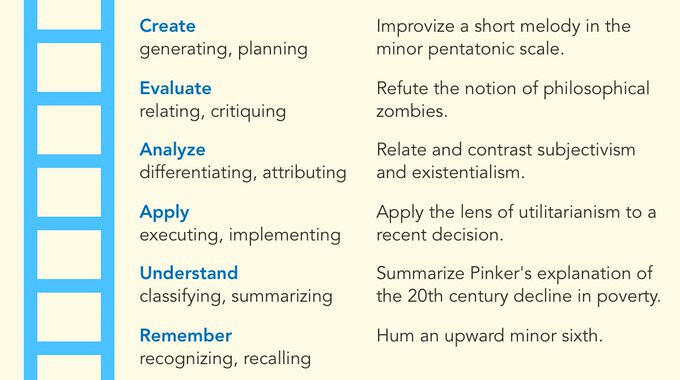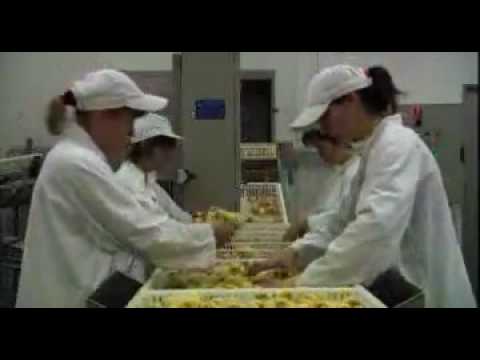Loosely speaking, some perhaps. But as you go on to imply, thought pre-exists writing. Writing, evolutionarily (is that a word? It is now) is a very recent invention.
Fascinating area of study, thinking and learning at the physiological level. I, along with many other people, am (was) of the opinion that there are many “styles” of learning, some I may prefer over others. Example quote:
I learn better reading from books than sitting in a class listening to a teacher.
Turns out, that’s merely a preference, chosen before the moment of learning takes place. But the actual change that takes place between not having learned and later having learned something, is manifested the same way in all of us. “We all have the same cognitive architecture”, to quote my wife (currently studying the neuroscience of learning at Johns Hopkins).
IOW, learning takes place in the brain. Not in a book, not in a classroom, not in front of a computer, but in the brain (or in the embodied mind, as some like to call it).
But music? I refer those interested in having their minds blown (without the need of recreational drugs) to…

 Funny how I can hear it, but can’t voice it without an instrument to help “bring it out”.
Funny how I can hear it, but can’t voice it without an instrument to help “bring it out”.


